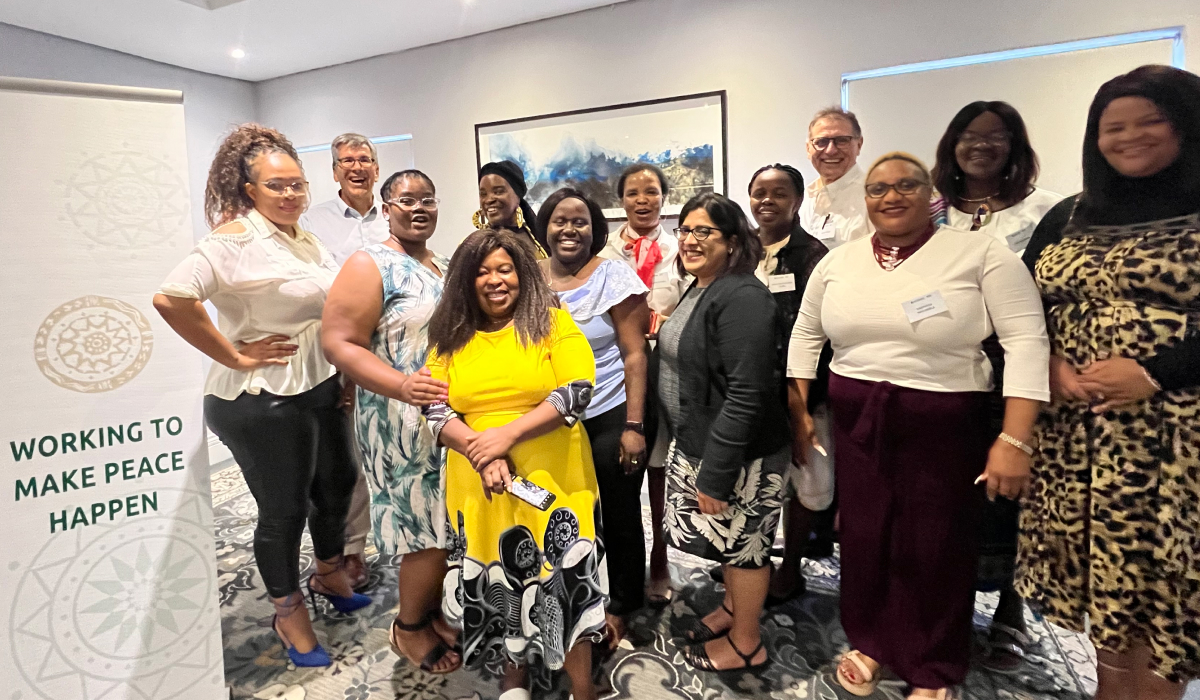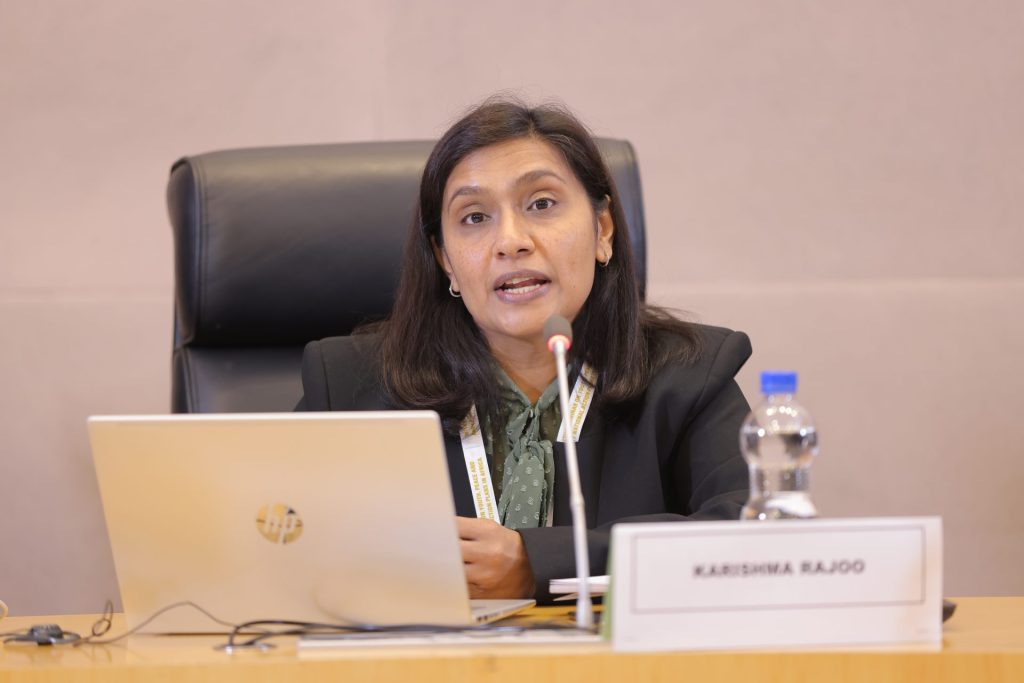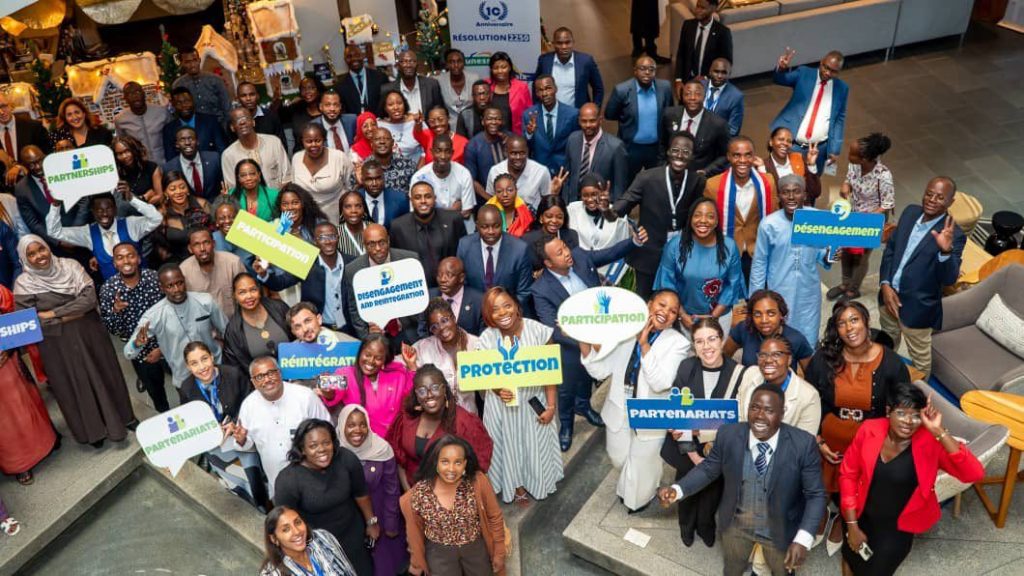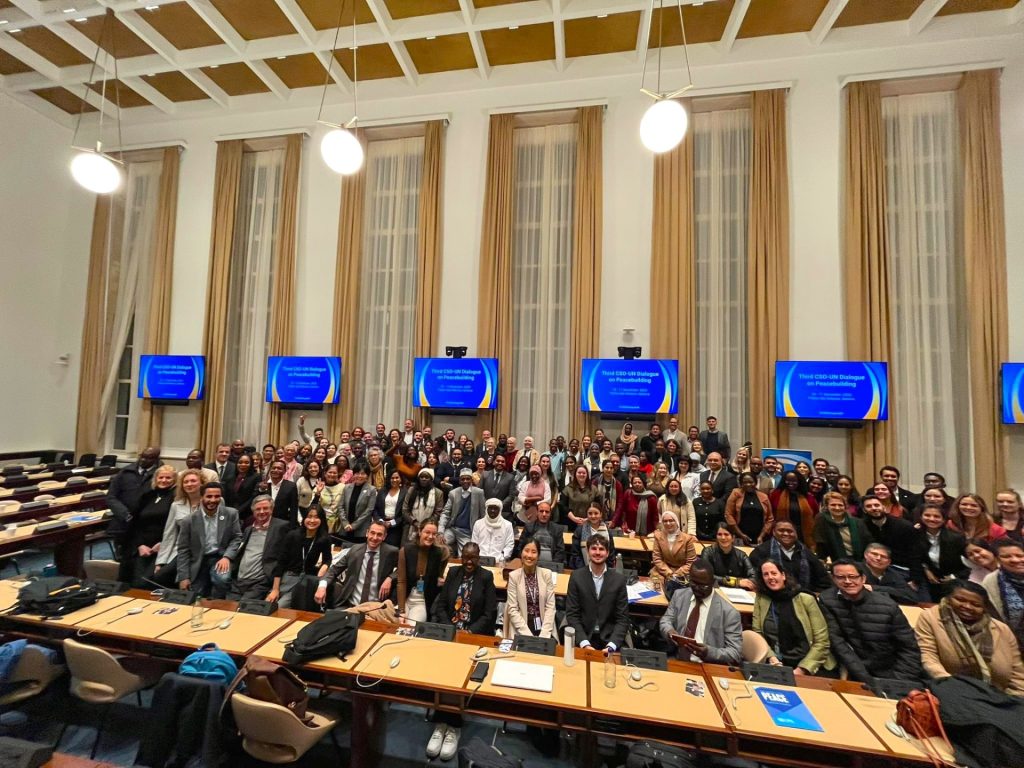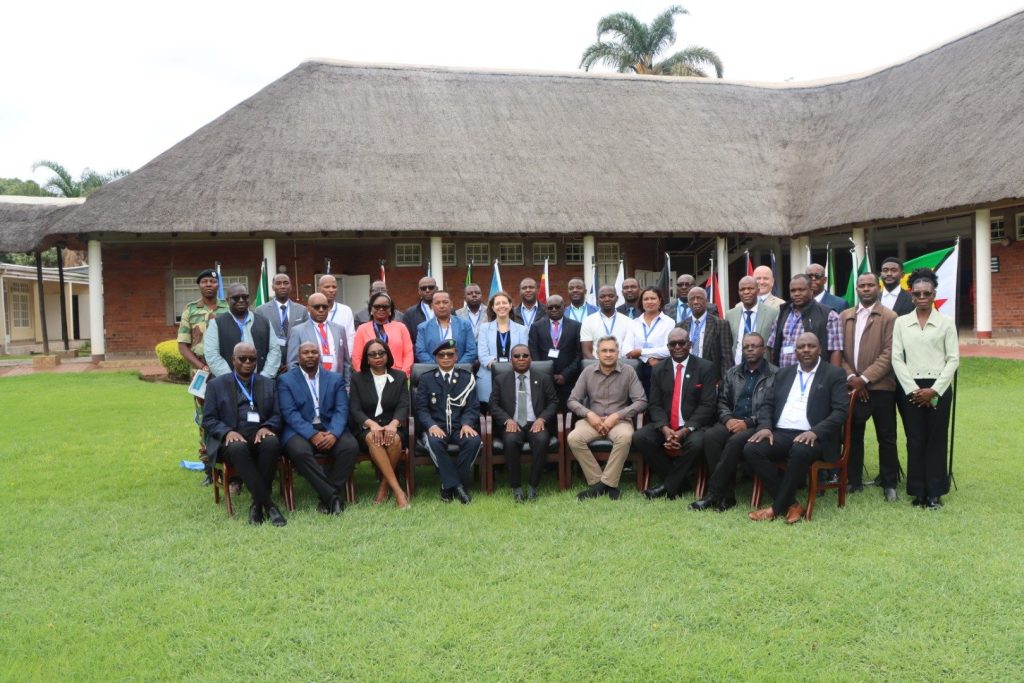From 06 – 18 November 2022, Heads of State, ministers and negotiators, along with climate activists, mayors, civil society representatives and CEOs met in Egypt, Sharm el-Sheikh for the United Nations Climate Change Conference – COP27. This year’s convention built on the outcomes of COP26 to deliver action on a number of issues critical to combatting the climate emergency – from urgently reducing greenhouse gas emissions, building resilience, and adapting to the inevitable impacts of climate change, to delivering on the commitments to finance climate action in developing countries.
Aligning with COP27, ACCORD conducted a four-day workshop designed to help women in the Southern African Development Community (SADC) region to better understand the role that women play in mitigating the impacts of climate change using negotiation and mediation skills. This workshop took place on 25 -28 October 2022 in Johannesburg, South Africa.
While efforts have been made by most SADC countries in devising climate change interventions to safeguard their citizens from its impacts, most women continue to be more vulnerable to the effects of climate change. Women constitute the majority of the world’s poor and are more dependent on the natural resources which climate change threatens the most.
Recognizing that challenges associated with climate change and insecurity do not affect everyone equally, participants of this workshop examined the issue of climate change being a risk multiplier for conflict. ACCORD’s Senior Advisor and Chief Editor of the COVID-19 Conflict & Resilience Monitor, Mr Cedric de Coning provided insights on the relationship between climate change, environmental degradation and peace and conflict. These insights allowed for deepened knowledge on the social, political and economic contexts of the represented countries, and identified pathways that contribute to human insecurity such as deteriorating livelihood conditions; migration and mobility; armed group tactics; and resource management.
ACCORD’s support to the workshop contributes to enhancing the capacities of women to influence, participate equally and lead peace processes. This workshop has further enhanced the participating women’s knowledge on the impacts of climate change, and the role women can play to prevent and mitigate conflicts.

